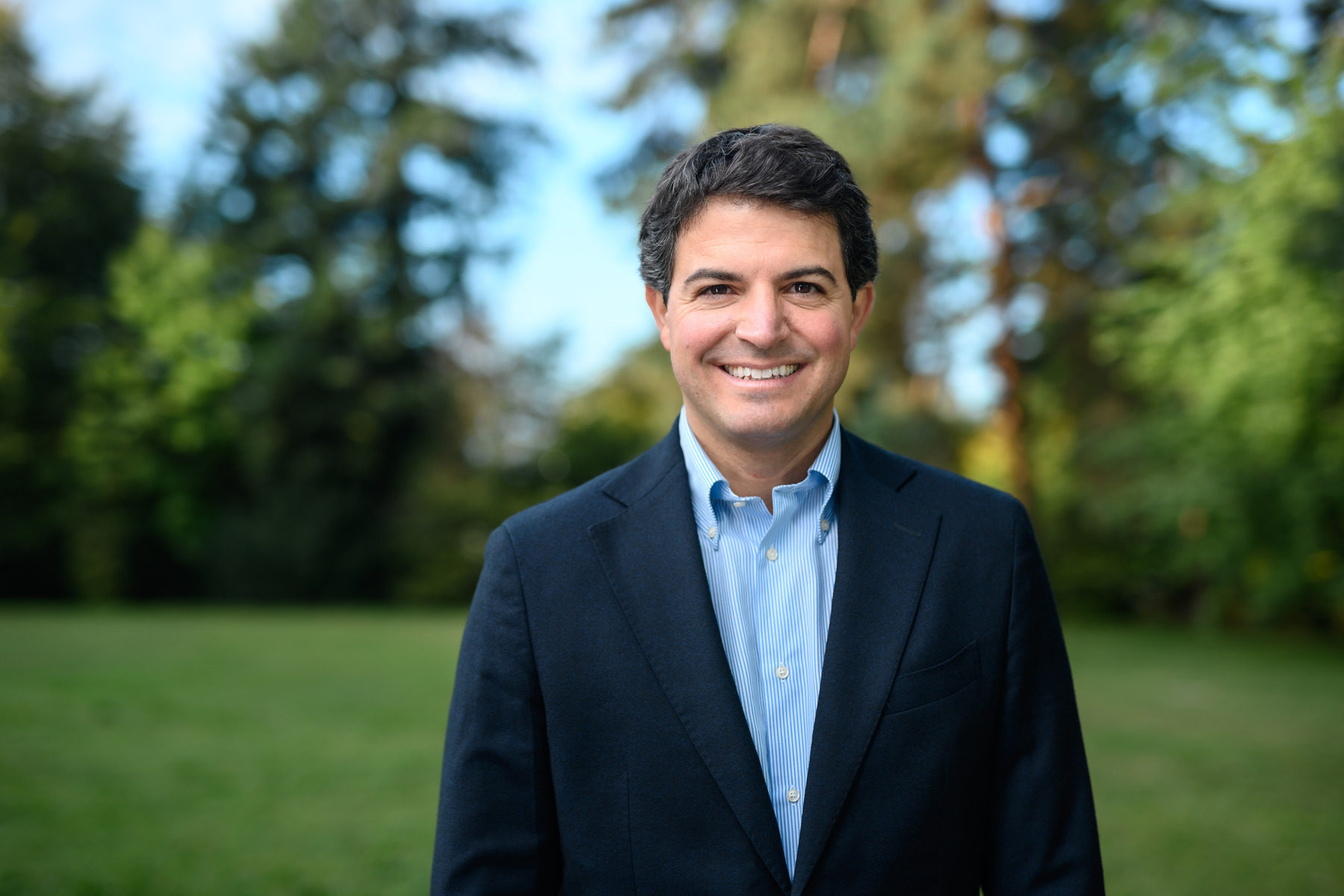
Are you reaping the rewards of radical collaboration?
Workplace silos are a huge productivity inhibitor. Casper Herzberg, CEO of industrial software company AVEVA, tells Michael Wade how radical collaboration can create value....

by Niccolò Pisani Published October 25, 2021 in Brain Circuits • 2 min read
When you are in a time of crisis, or coming out of one, it is a good time to take stock and look at what you can do to insulate yourself from future market disruptions. There are four steps to this. In part one we looked at how to prepare ahead for hard times. In part two, we looked at understanding your environment. In this instalment, we will examine how to stay flexible and be ready to make changes.
The key to this is you need to build flexibility into every aspect of your organization.
Operational: Do you receive real-time insights from the market? Are you able to move quickly from insight to action? You need to make sure the processes within your company are agile enough to be adjusted when disruption occurs in times of crisis.
Organizational: Are people held accountable and rewarded consistently? Are there clear performance goals for teams and individuals? We consistently see that companies that align people’s purpose and incentives with those of the organization are the ones that are more able to set a new course when it becomes necessary. This means you need to establish a reward and accountability process that enables people to be willing to embark on big changes.
Portfolio: Are you balancing commitment and flexibility in your bets? Bets in this case are defined as our strategic initiatives. We must be aware that it’s not possible to bet big on all aspects of our strategies. We need to experiment, but we must also have a few strategic initiatives that are close to being a sure win. This essentially means you must be able to allocate your resources wisely, and then be able to reallocate them quickly when necessary.

IMD Professor of Strategy and International Business
Niccolò Pisani is Professor of Strategy and International Business at IMD. His areas of expertise include strategy design and execution as well as international business, with an emphasis on globalization and sustainability. His award-winning research has appeared in the world’s leading academic journals and extensively covered in the media. His work has been featured in both Harvard Business Review and MIT Sloan Management Review. He has also written several popular case studies that are distributed on a global scale.

February 26, 2026 • by Michael R. Wade in Brain Circuits
Workplace silos are a huge productivity inhibitor. Casper Herzberg, CEO of industrial software company AVEVA, tells Michael Wade how radical collaboration can create value....

February 25, 2026 • by Sara Ratti in Brain Circuits
For most companies, climate action has limited influence on executive decision-making. Here’s how boards can design compensation structures that motivate leaders to meet corporate climate ambitions. ...

February 24, 2026 • by Francesca-Giulia Mereu in Brain Circuits
Our previous brain circuit on this subject explored what your inner child can do for you, such as take risks or look at a situation differently. Here are five ways to reconnect...

February 23, 2026 • by Julia Binder in Brain Circuits
Myths abound when it comes to corporate sustainability. Can you tell fact from fiction? Test your knowledge on the common misconceptions here....
Explore first person business intelligence from top minds curated for a global executive audience